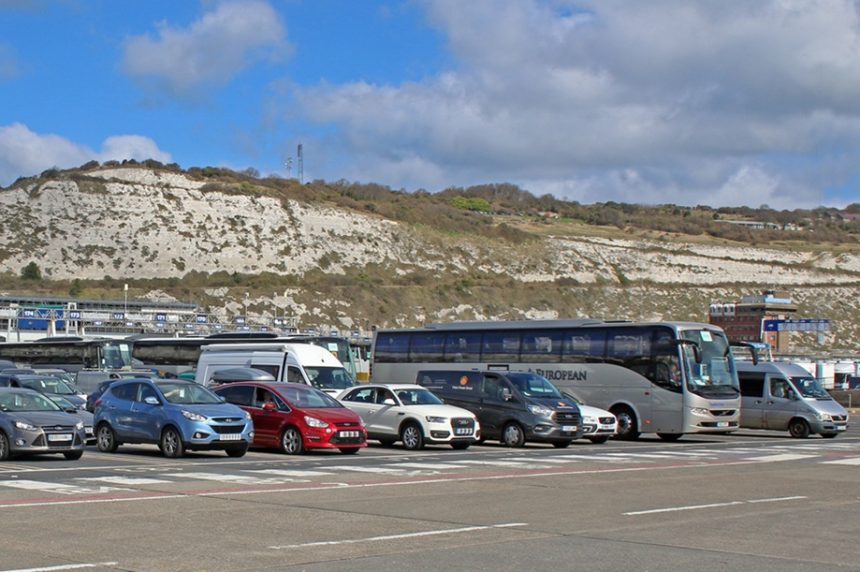The Schengen area EU Entry/Exit System (EES) will begin gradual rollout from 12 October. While that gives some clarity to coach operators passing through Kent ports, it will not be forgotten that the same ‘certainty’ over a November 2024 start for EES also existed until hasty backtracking a few weeks beforehand.
Assuming the EU does deliver this time, a Q4 commencement is probably the best of a bad job. In theory. There are still plenty of unknowns, with one of those for juxtaposed controls at Channel ports being how the 180-day gradual deployment period is handled by French authorities.
Adopting that staged rollout is not mandatory, and Schengen states can choose full checks – including biometrics – from day one.
At the postponement from November 2024, France was said to be one of the nations that was not yet at readiness. Will that position 11 months prior influence how gradual France’s adoption is from October? If so, it could mean full rollout of EES at its frontiers does not occur until April 2026 – in time for peak season at Dover.
How travellers will be processed also appears to have some questions. The oft-suggested app for advance submission of passenger information has gone cold. Nevertheless, EES is coming, and coach operators that travel outside the UK and Ireland will need to deal with it – whatever ‘it’ turns out to be in reality.
An equal worry to some in the road passenger and road freight sectors is how EES will impact drivers.
Seven, nine or more days on tour will soon add up, and the rolling 180-day element of the 90/180 maximum stay stipulation for third-country nationals will cover the peak season. How this will impact the small but significant ‘band bus’ operations that hail from the UK is also no doubt a concern to those businesses.
Of course, the 90/180 rule already exists, but anecdotal evidence suggests lax enforcement. Full introduction of EES will see any room to manoeuvre disappear in favour of a rigorous approach, as RHA notes.
The trade association thus wants a professional driver exemption from 90/180. That is a logical call, given how free movement of drivers to and from Schengen is key for some coach operators. RHA is asking the industry and its stakeholders to lobby politicians domestically, but ultimately it will not be a decision the UK gets to make.
Reaching the current position has taken the EU many years, and late postponement of the November 2024 introduction of EES was handled wretchedly. Progress on arriving at the 12 October go-live date subsequently also required a long time.
With that in mind, how likely is a professional drivers’ exemption to be delivered within under four months? Efforts to get one should be applauded, but the clock is now ticking.
Stranger things have happened, however, and it is assured that RHA will not remove its foot from the proverbial neck. The Port of Dover is also clearly doing all it can, at great expense, to mitigate the inevitable EES impacts. But the settling down period looks like it might come with some choppy waters.


























